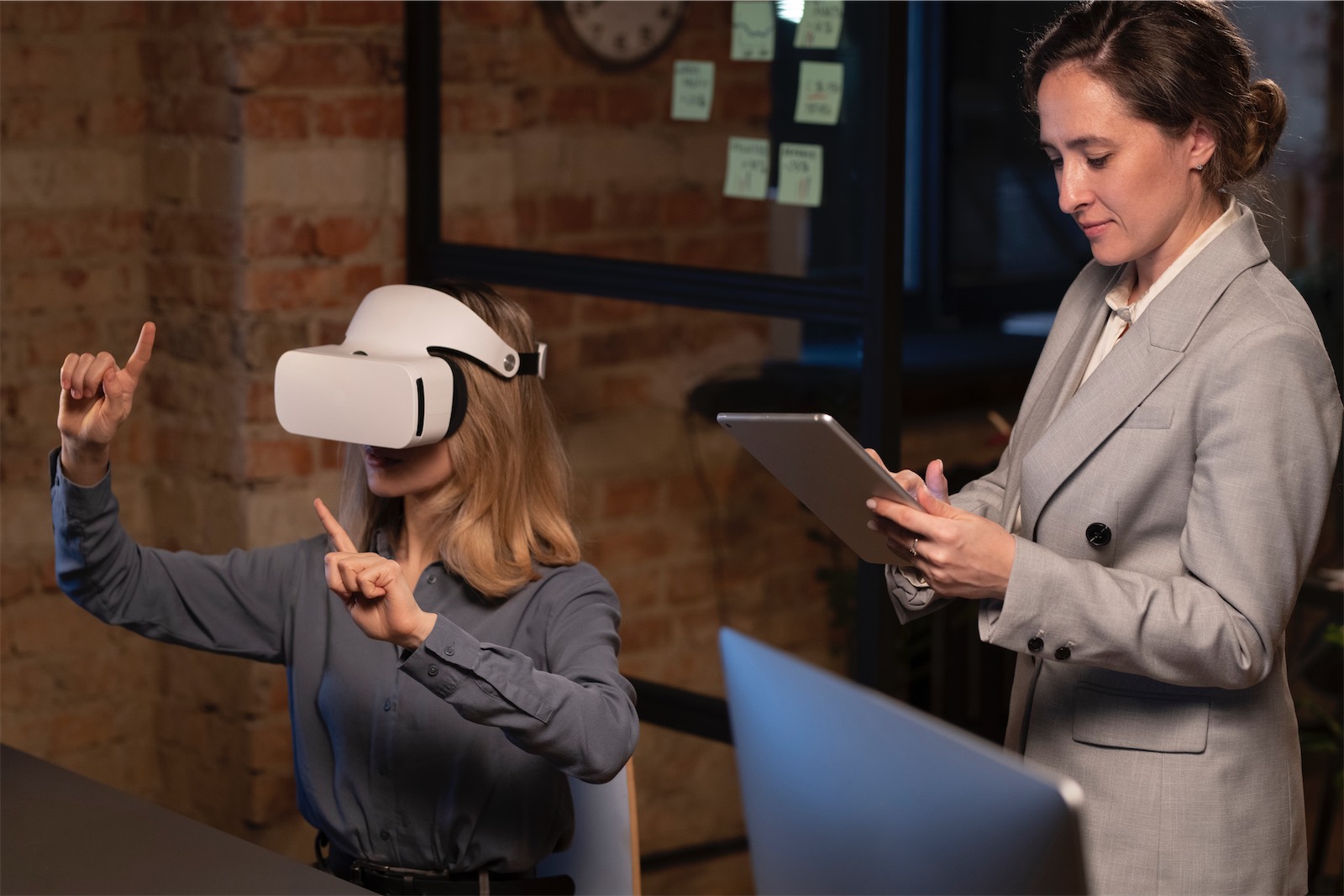The future of work is rapidly changing due to technological advancements, automation, and digital transformation. To stay competitive and succeed in this new world of work, it is time to understand the concept of New Work and New Learning.
To adapt and thrive in today’s world, both new work and new learning are necessary, and they frequently go hand in hand as people seek to remain current and relevant.
What is the New Work and New Learning?
The term new work refers to the ways in which individuals in the modern economy are adapting and embracing new technologies, working styles, and employment models. Remote work, flexible schedules, and the use of digital tools and platforms to communicate and collaborate with colleagues are examples of such things.
New learning refers to acquiring new knowledge and skills in order to remain current and relevant in a rapidly changing environment. Participating in professional development programs, taking courses, and keeping up with the latest developments in one’s field can be part of this process.
At its core, New Work and New Learning is about taking a holistic view of work and learning. It is about understanding the relationship between work and learning and how the two interact. New Work and New Learning is not just about technology, but also about understanding the impact of the changing work landscape on learning.
How is the Future of Work Shaping Learning?
The future of work is shaping the way we learn and develop new skills. As the nature of work changes, so does the need for different skills and knowledge. Automation, digital transformation, and other technological advancements are changing the way we work and the skills that are needed to be successful.
At the same time, the changing nature of work is creating more opportunities for learning and development. As the need for new skills increases, the need for new learning approaches also increases. New Work and New Learning is focused on understanding how the changing work landscape is impacting learning and how to adequately prepare.
The future of work is also creating new learning opportunities. With the rise of new technologies, such as artificial intelligence (AI) and machine learning (ML), there is an increasing need for individuals to gain the skills and knowledge necessary to use these technologies. New Work and New Learning is focused on understanding how to most effectively leverage these cutting-edge technologies to create new learning opportunities.
The Impact of Automation on New Work and New Learning
Automation is having a profound impact on the of work and the way we learn. Automation is changing the way we work and the skills needed to succeed in the future. As automation continues to increase, the need for different skills and knowledge to use and manage these technologies will grow.
At the same time, automation creates new learning opportunities. Automation is changing the way we do our work, and it is also creating new opportunities for learning and development. By leveraging automation and new technologies, individuals can gain the skills and knowledge necessary to be successful.

The Role of Learning Experience Platforms
The future of work is driving the need for an integrated approach to learning and work. The Learning Experience Platform (LXP) provides an integrated platform for learning and development. LXPs enable employees to learn from and interact with their colleagues in an interactive environment while utilising the latest technology like Artificial Intelligence.
LXPs are changing the way we learn. They create new opportunities for learning and development. By leveraging the power of LXPs, individuals can gain the skills and knowledge necessary to be successful.
How New Work and New Learning Will Change the Workforce
New Work and New Learning will have a profound impact on the workforce. As the workplace continues to evolve, the skills and knowledge needed to be successful in the future will also evolve. New technologies, such as AI and ML, are changing the way we work, and the need for different skills and knowledge to use and manage these technologies will grow.
How to Prepare for the Future of Work
As the future of work continues to evolve, it is essential to understand how to prepare. To ensure success, individuals should understand the impact of the changing work landscape on learning. In addition, they should understand how to best leverage new technologies to create new learning opportunities and improve the learning experience.
At the same time, organizations must understand how to leverage the power of technology to create a more integrated environment for learning and development. By leveraging the power of technology, like LXP’s and AI, organizations can create a more integrated environment for learning and development.

Conclusion
The future of work is rapidly changing due to technological advancements, automation, and digital transformation. To stay competitive and succeed in this new world of work, it is essential to understand the concept of New Work and New Learning.
It is time to embrace new learning. Organizations should understand how to leverage the power of technology like AI and Learning Experiences (LXPs) to create a more integrated environment for learning and development.
New Work and New Learning provide numerous benefits for employees and organizations. By understanding the impact of the changing work landscape on learning, employees can gain the skills and knowledge necessary to be successful tomorrow and beyond.


